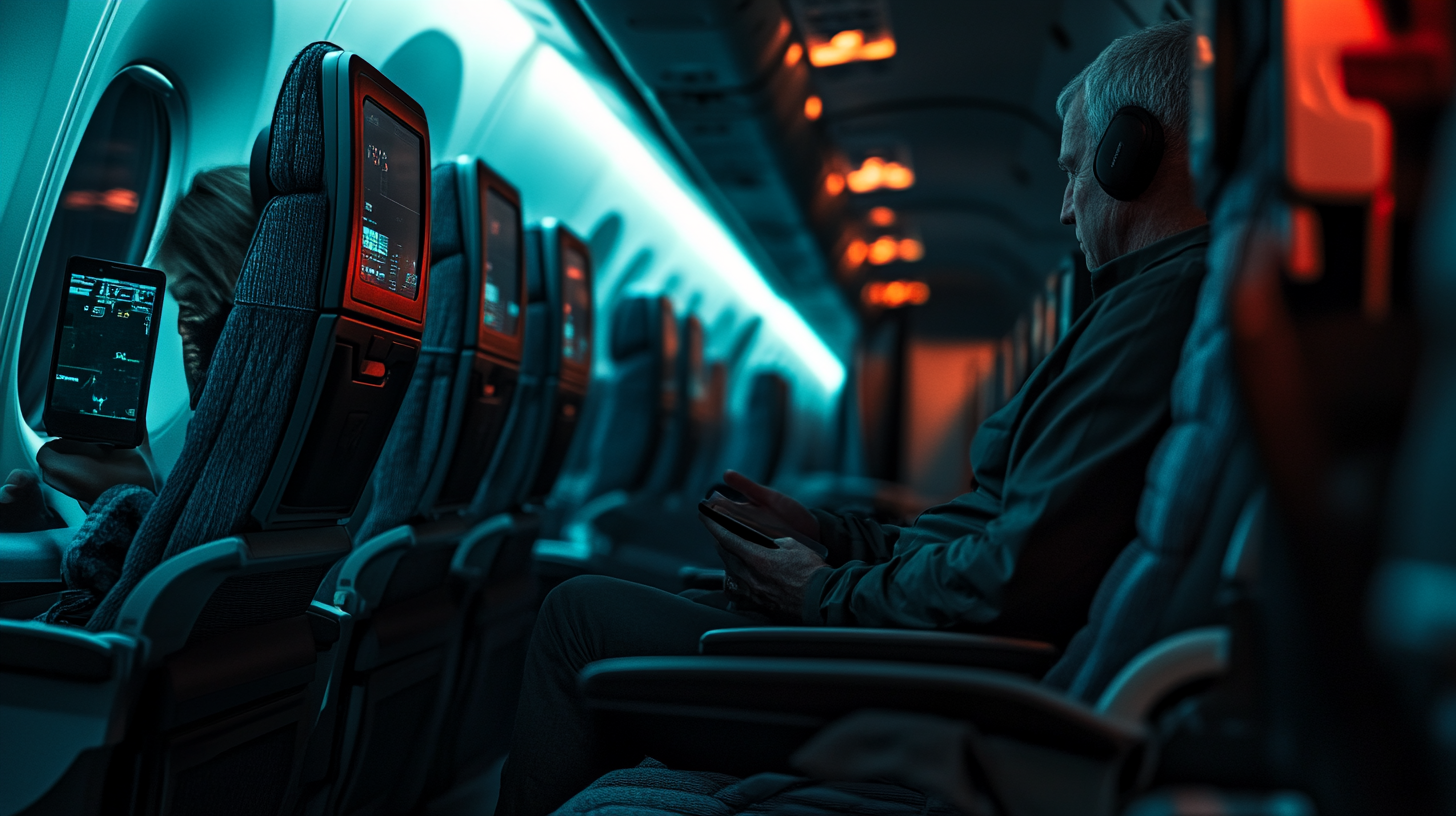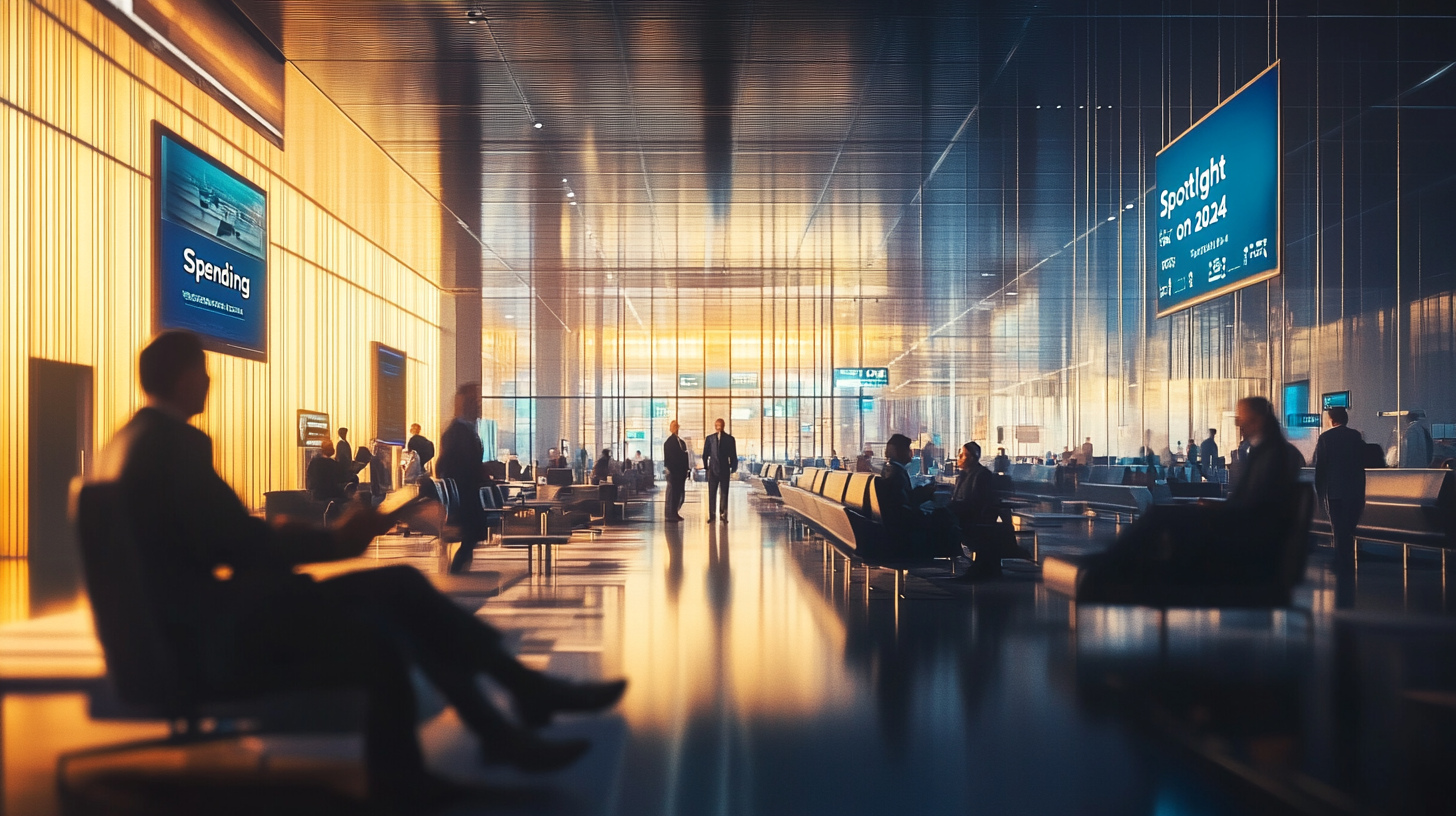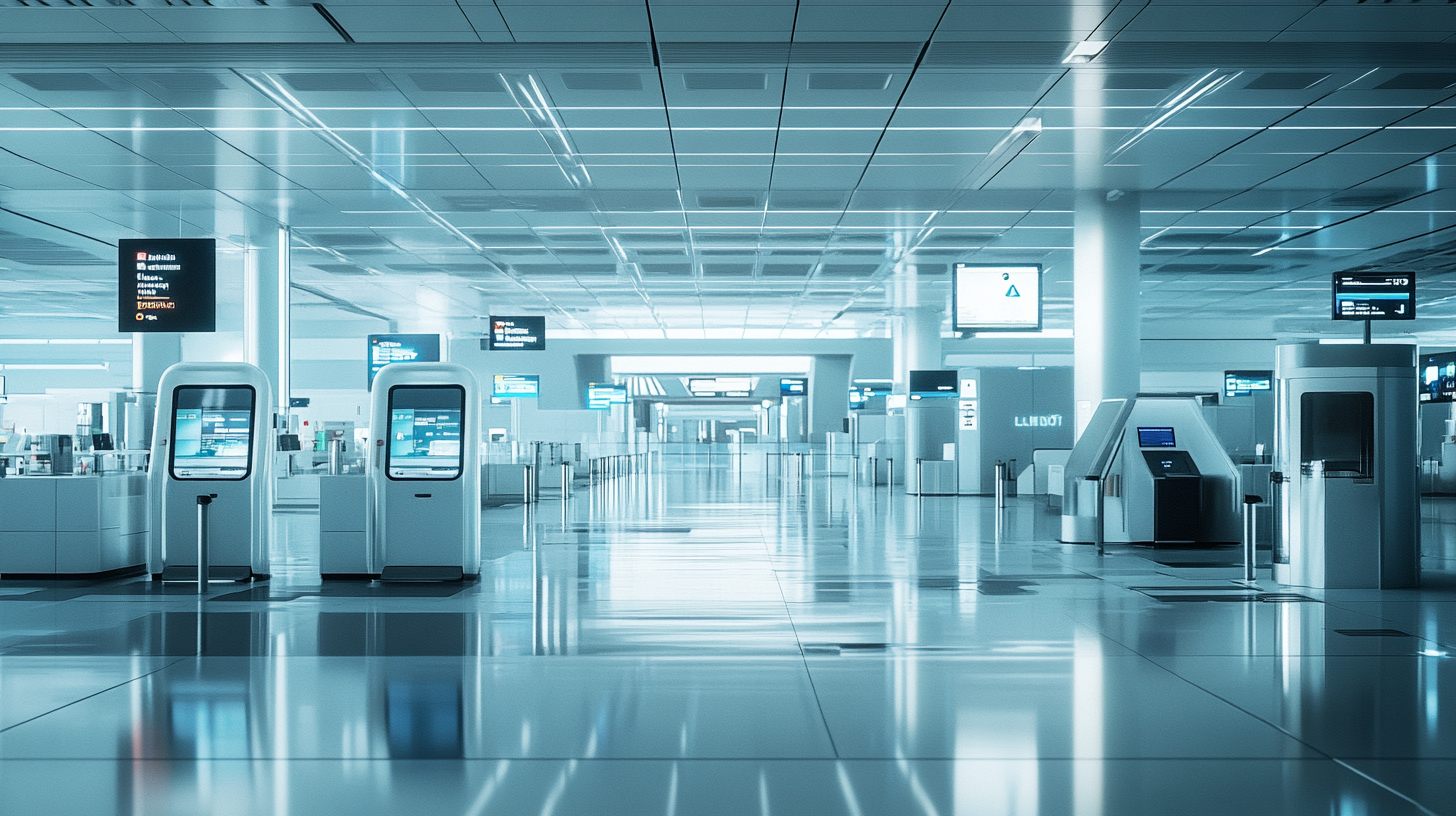Business Travel by the Numbers: 2025 Seat5A Update

Spotlight on 2024 Spending

I’ve been watching global business travel budgets steadily rise in recent years, and although we’re talking about 2024 projections here, the momentum spills well into 2025. According to industry data, these forecasts still hover around the $1.5 trillion mark globally, spotlighting how corporate travel continues to regain its footing after the major disruptions we all remember. Historical numbers show that in the United States alone, business travel spending exceeded $421 billion back in 2022, creating millions of jobs and injecting billions into tax revenues. This underscores how each percentage point added to travel investment can ripple across entire economies.
In my own travels over the last year, I’ve noticed a renewed buzz in airports—particularly in major hubs like Chicago, Atlanta, and Dallas—where travelers are once again filling up lounges and check-in lines. A recent study conducted in 2023 by the Global Business Travel Association revealed that every dollar spent on business travel yields an economic return of $1.15. It’s a testament to how vital these trips can be for dealmaking and relationship-building.
One factor fueling this rebounds is the strategic partnerships big corporations are forming with airlines, hotels, and rideshare options. Rather than cutting corners with lower-tier travel, many firms are reinvesting in comfortable itineraries to keep employees motivated. I’ve observed more travelers mixing efficient scheduling with flexible layovers, minimizing out-of-pocket costs while maximizing productivity. It’s a delicate balance but one that underscores the industry’s resilience.
Why Business Travel Still Matters

I’m sometimes asked why organizations still prioritize flying teams across the globe when video conferencing is a click away. The truth is, there’s a certain intangible bond forged through face-to-face interactions. When I’ve attended conferences or client meetings in person, I’ve witnessed immediate trust-building that can be harder to replicate virtually. According to recent statistics, business travelers continue to drive airline profitability, making up just 12% of air traffic but a significant portion of revenues for major carriers.
The pandemic slump in 2020 dropped U.S. business trips from around 464 million to just 185 million, but I’ve seen firsthand the gradual climb back. Today, trips are typically shorter yet more packed with meetings and site visits. That means travelers are looking for better connectivity—both flight availability and reliable Wi-Fi—rather than the cheapest fares. Even with remote work on the rise, many companies still view in-person visits as non-negotiable for maintaining crucial relationships. After all, securing a major deal often hinges on shaking hands and breaking bread.
For me, it’s all about the synergy tapping into new markets. When you show up in person, you learn how people do business in their own environment. That experience can’t be fully replicated via a screen. It’s one reason why I believe these corporate travels will continue steering significant portions of airline profits well into 2025 and beyond.
Emerging Trends: Bleisure & Next-Gen Flyers

Over the past year, I’ve noticed an uptick in bleisure travel—blending business obligations with personal leisure time. Millennials and Gen Z travelers, in particular, are seizing the opportunity to tack on a few extra days of sightseeing. A recent report from Skift suggests nearly 60% of younger business travelers have extended a work trip for exploration. Whether it’s sampling local cuisine or wandering heritage sites, this trend elevates travel from a checklist item to an enriching life experience.
I’ve also observed a notable rise in women travelers, a shift that aligns perfectly with my enthusiasm for women making strides in STEM and other traditionally male-dominated fields. This evolution isn’t just about companies focusing on gender diversity—it’s about recognizing the value different perspectives bring to negotiations and collaborations. Airlines, hotels, and car rental services are starting to adapt by offering safer, more convenient services tailored to women business travelers.
Another aspect that excites me is how sustainability is taking center stage. In my more eco-conscious journeys, I’ve seen companies adopt carbon offset programs or encourage traveling employees to choose greener ground transport. According to a recent study from the World Travel & Tourism Council, the majority of corporate travel policies for 2025 include eco-friendly clauses. Bleisure, inclusivity, and responsible travel are transforming the business travel world, making it more attuned to personal well-being and global responsibility.
Tech Innovations & Recovery Strategies

It’s no secret technology has become the backbone of post-pandemic travel. Personally, I rely on AI-based booking engines to manage my itineraries in real time. These platforms alert me if a flight is canceled or a gate changes, letting me adapt on the fly. The shift towards digital check-ins and contactless services has also streamlined the process, from securing boarding passes to tracking reimbursable expenses right from my phone.
According to industry analyses, many companies have doubled down on tech investments. Deloitte‘s 2023 data revealed that budgets for corporate air travel dipped significantly in 2020, forcing organizations to rethink how they structure—and secure—business trips. Many began using AI-driven risk assessment tools, integrating pandemic-era insights into future strategies. While the economic situation remains uncertain, these digital frameworks serve as safety nets.
From what I’ve seen, combining technology with on-the-ground flexibility is the sweet spot. The FCM Consulting Global Quarterly Trends Report points to a steady climb in flight capacities and hotel occupancy rates for 2025, coupled with rising fares amid inflationary pressures. For corporations, the question becomes: does the value of in-person connection outweigh the costs? My view is a resounding yes, but only if companies arm themselves with the right digital tools to stay agile and informed.
Top Picks for Travel Management

In my experience, picking the right travel management company (TMC) often makes or breaks the journey. I’ve worked with several TMCs, and the ones that stand out offer robust data analytics and real-time market insights. FCM Consulting remains a favorite for multinationals seeking to optimize cost across flights, hotels, and even ground transport. Their localized insights also help you navigate cultural nuances—something I find invaluable when I land in a new destination.
Concur‘s integrated system is another gem for budget-watchers. I especially appreciate how their expense reporting syncs seamlessly with many corporate accounts, removing much of the guesswork and manual data entry that used to bog down travelers. Meanwhile, ABC Travel is quickly gaining a following by offering flexible bookings and cost-control features that let you adapt if client demands shift.
Whatever path you choose, be sure to look for a TMC that accommodates bleisure add-ons and promotes sustainability. I’ve learned that transparency is key: you’ll want clear pricing and honest assessments of each option’s environmental footprint. With legislative moves pushing greener travel, a provider that helps you track and offset carbon emissions can boost your company’s corporate social responsibility standing.
Final Thoughts

As I reflect on the journey business travel has taken over the past few years, I’m encouraged by how it has emerged stronger and more adaptive. The numbers show a steady climb in spending, but it’s the intangible benefits—like deepening partnerships and building cultural bridges—that truly validate the costs. Whether we’re flying across the country or halfway around the world, we’re forging connections that fuel collaboration and spark innovation.
In my view, the next frontier involves nurturing diversity, inclusivity, and eco-savvy strategies. Business travel that welcomes more women, champions sustainable practices, and leverages top-tier technology is poised to thrive in 2025 and beyond. It’s not just about coming back from a meeting with a signed contract; it’s about making each trip an enriching experience for both the traveler and the communities they touch.
Amelia Yeaher’s Take
When I trace the trajectory of today’s dynamic travel market, I see endless potential for growth and a stronger commitment to responsible innovation. We’re at a unique junction where advanced digital platforms meet the timeless value of in-person relationships—a perfect blend for those of us who crave meaningful journeys.
In my own work, I’ve found that embracing new technology and fresh perspectives has transformed how I approach travel. It’s a reminder that we can honor the past—those first fearless explorations of our skies—while welcoming the new frontiers of data-driven efficiency and immersive experiences.






